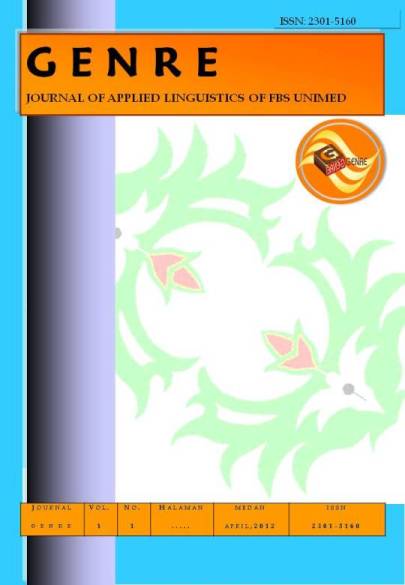The Implementation of Small Group Discussion Technique in Teaching Speaking Skill
DOI:
https://doi.org/10.24114/gj.v14i3.65842Abstract
This research aimed to analyze the implementation of the small group discussion technique in teaching speaking skills to eleventh-grade students at SMA Negeri 2 Tebing Tinggi and to find out the challenges of implementing small group discussion techniques in the classroom. The research was conducted using a descriptive qualitative method that involved the English teacher. The teacher implemented this technique in two meetings. In the first meeting, the teacher divided the students into several groups and gave them time to discuss the topic that had been determined. In the second meeting, each group presented the results of their discussion in front of the class. During the implementation process, the teacher faced three main challenges: time management, classroom management, and student participation. However, although the teacher faced these challenges, the learning process went very well. This showed that the small group discussion technique could be an effective and enjoyable way to improve students’ speaking skillsDownloads
Published
2025-07-30
Issue
Section
Articles
License
Copyright (c) 2025 Tania Yosvi Tamara Sinaga, Maya Oktora

This work is licensed under a Creative Commons Attribution-NonCommercial-NoDerivatives 4.0 International License.
Authors who publish with this journal agree with the following terms:
- Authors retain copyright and grant the journal right of first publication with the work simultaneously licensed under a Creative Commons Attribution License that allows others to share the work with an acknowledgment of the work's authorship and initial publication in this journal.
- Authors are able to enter into separate, additional contractual arrangements for the non-exclusive distribution of the journal's published version of the work (e.g., post it to an institutional repository or publish it in a book), with an acknowledgment of its initial publication in this journal.
- Authors are permitted and encouraged to post their work online (e.g., in institutional repositories or on their website) prior to and during the submission process, as it can lead to productive exchanges, as well as earlier and greater citation of published work (See The Effect of Open Access).
- This work is licensed under a Creative Commons Attribution-ShareAlike 4.0 International License.







.png)


